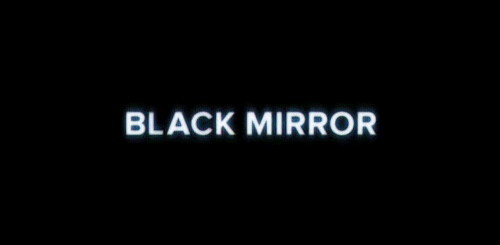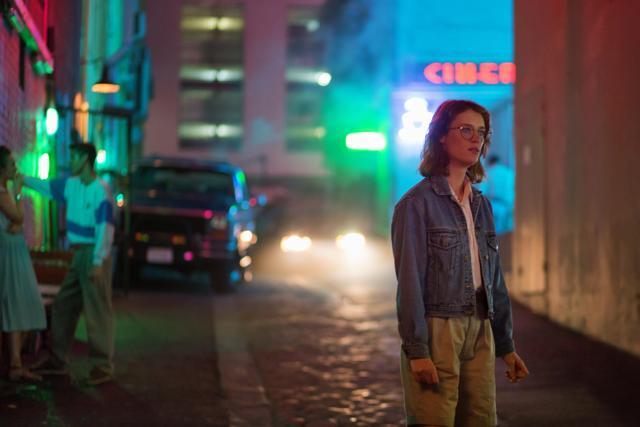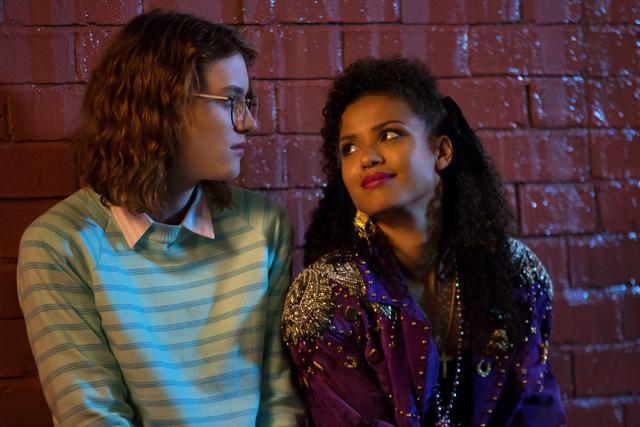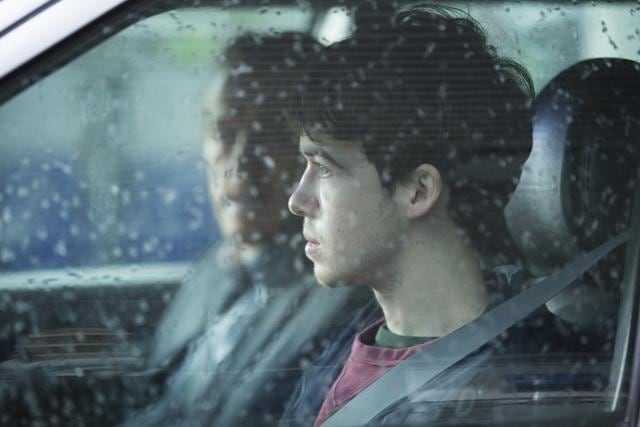Black Mirror review: It’s time you started watching one of the best shows ever
Black Mirror, one of the greatest TV shows ever created, returns for a third season on Netflix - and it’s as phenomenal as it has ever been.
Writing about Black Mirror is such a bittersweet experience. For so many years, it has been a personal show, an underground urban legend almost, spoken about only in ‘worthy’ company and in hushed tones to protect it from the wandering Walking Dead fan.

There was disbelief initially, when it didn’t take off in the way perhaps a Game of Thrones did. But that disbelief soon wore off, and almost in defiance, a wordless agreement was made: We would keep it a secret. It would belong to us, the chosen few who understood it for what it really is: One of the greatest TV shows ever created. Its kooky cult status would be its badge of honour and we would be the knights who would guard it against this stupid, stupid world; a world that simply didn’t ‘get it’.
But times have changed… With its migration to Netflix and its 83 million potential viewers, it isn’t going to remain the world’s best-kept secret for much longer. So now, after years of holding on fiercely, it is time to let go… It is time to talk about Black Mirror.

The one aspect of Black Mirror’s return that possibly contributed to its biggest changes also happens to be the most nondescript. Several shows have switched networks in the past: Southland found a great home at TNT after a generic first season at NBC. Yahoo saved Community from sure-shot cancellation. But Black Mirror’s cross-Atlantic leap from a fourth-tier UK network (knowingly called Channel 4) to a global powerhouse in Netflix has had more impact than one would have imagined. Aside from the heftier budgets and twice as many episodes than that of a regular season – both welcome changes – the move has also affected the show creatively.
Again, there have been so many great British shows that have been remade in America, to unpredictably erratic results, ranging from modern classic (The Office) to pointlessly terrible (Skins). You must understand: Black Mirror is a controversial show, and the sheer number of high-concept, un-PC ideas that maniac madman creator Charlie Brooker (the Trump era’s Rod Serling) manages to pack into hour-long episodes is a feat of genius. But this time, for its third season, it appears as if Brooker has mellowed with age.
To put matters into perspective: Charlie Brooker is misanthrope of the finest order, a soothsayer for the digital age, both terrified of technology’s potential and convinced of humanity’s ever-dependable tendency to self-destruct. His work is usually equal parts exploration and mockery of our descent (where, I’m not entirely sure even he knows). And in Black Mirror, the speculative science-fiction series that is his masterpiece, he pushes buttons with such fearless, bludgeon-to-the-face, jaw-dropping ideas, that it is my duty to warn you: This show is not for the faint of heart.

Unlike its first two seasons, Black Mirror’s third outing is a mixed bag – but this was to be expected. The chances of it messing up increased the second its episode count doubled from the usual 3 to 6. And as it is, it was treading on thin ice, because its unbelievable hot streak was bound to end sooner rather than later. But for the most part, season three is classic Black Mirror: Provocative, shocking, heartfelt, and very, very intelligent - especially the episodes San Junipero, Playtest, and Shut Up and Dance.
A defining characteristic of the show’s initial run (let’s call it pre-Netflix) was its steadfast pessimism. But this pessimism is a uniquely British trait. The Americans are inherently more optimistic. And while the themes (broken characters counting the days, overwhelmed by tech paranoia) remain constant over all 6 episodes, it’s interesting to note that the ones set in the UK are noticeably more tragic than the Americanised ones.

San Junipero, a beautiful time travelling tale of same-sex love, race, artificial reality and heaven and hell is easily the best episode of the season – and yet, unlike any pre-Netflix episode, it’s brimming with hope. As is director Joe Wright’s (Atonement, Hanna) episode Nosedive, a typically Brooker-esque dystopian vision in which humans, like their Instagram and Twitter now, are rated by each other – which consequently influences their socio-economic position. It is a great comment on the ‘rich get richer while the poor get poorer’ concept, keeping in line with Brooker’s very vocal declaration that Twitter is, at least as far as he is concerned, the greatest video game to have ever been created.
Hope. That’s the biggest reveal of Black Mirror season 3.

But then there is Playtest (a gothic horror set inside a virtual reality world, directed by 10 Cloverfield Lane’s Dan Trachtenberg) and Shut Up and Dance (a tragedy disguised as a cyber-thriller). Both episodes return to the UK, and to that familiar pre-Netflix pessimism. These characters don’t deserve redemption; they don’t deserve a second chance. This is Charlie Brooker’s vision of the future. And for a culturally woke man who has predicted Trump will win the election, we should be worried.
So, like Andy at the end of Toy Story 3, it is time to hand the Black Mirror over - to you, the Walking Dead and Game of Thrones fan. Take care of it. Respect it. Tell your friends. Tell all your friends. This is Black Mirror. Black Mirror is now. Black Mirror is forever. May Charlie Brooker live long enough to witness his dystopia.
Now,

Follow @htshowbiz for more
The author tweets @NaaharRohan
Get more updates from Bollywood, Taylor Swift, Hollywood, Music and Web Series along with Latest Entertainment News at Hindustan Times.
Get more updates from Bollywood, Taylor Swift, Hollywood, Music and Web Series along with Latest Entertainment News at Hindustan Times.





